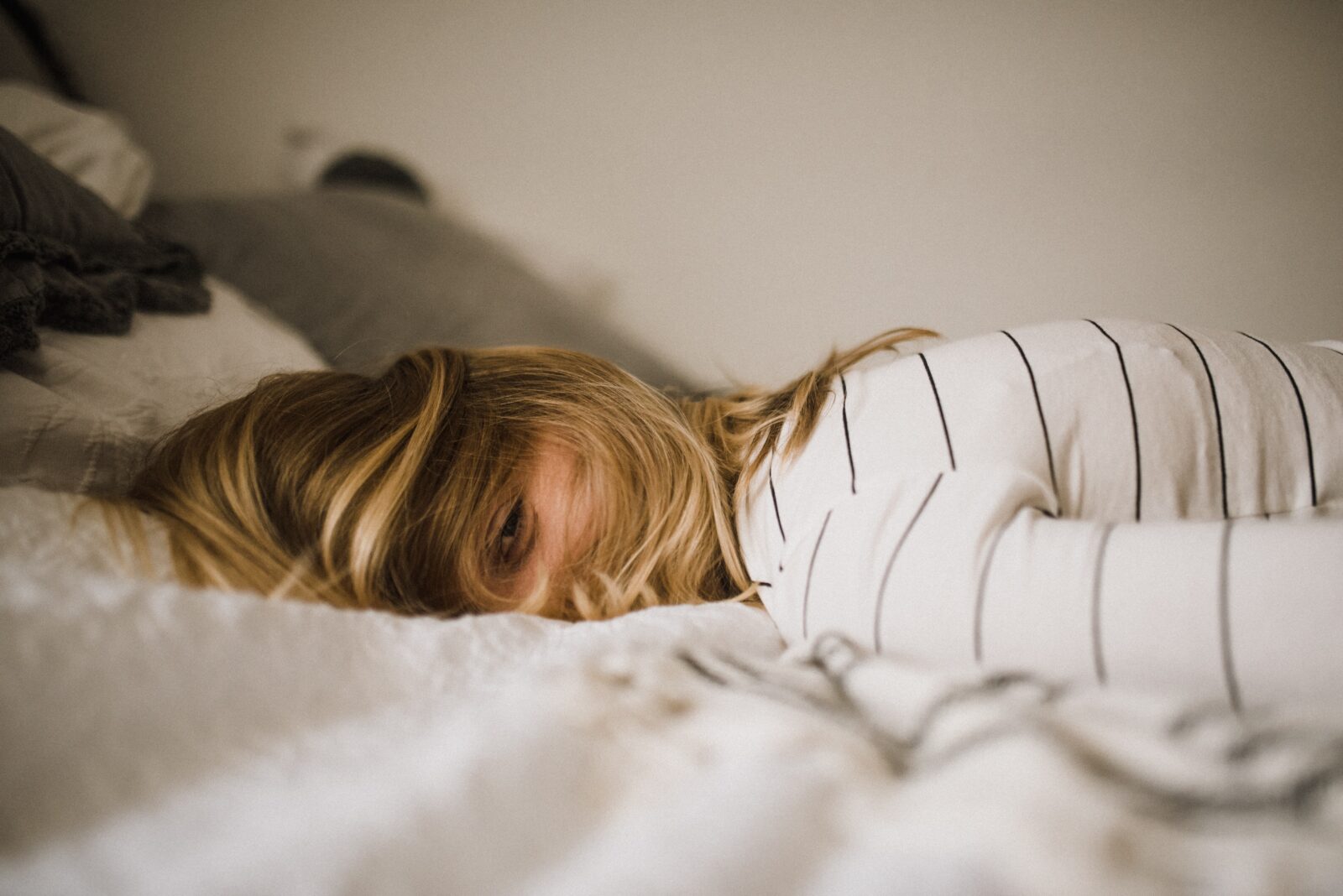Sleep is a precious commodity for many people. If you’re one of them, you know the agony of tossing and turning at night. You may be tired, but it’s hard to fall asleep or stay asleep.
If this sounds familiar, don’t worry. There are plenty of things you can do to help yourself get better sleep every night.
Here are some tips and tricks to help you stop tossing and turning at night:
- Create an environment conducive to sleep by keeping your bedroom dark, cool and quiet during sleeping hours (and whenever possible). Use heavy curtains or blinds on windows; turn down overhead lights as much as possible.
- Get up earlier in the morning if you have trouble falling asleep at night. You might think that this will make it harder to fall asleep, but research shows that people who get up early tend to get more sleep overall than those who stay up late.
- Avoid caffeine after noon if it keeps you from falling asleep at night. Caffeine takes a while to wear off, so if you have a cup of coffee in the afternoon or evening, it can keep you awake at night. Try to avoid drinking caffeinated beverages after noon each day. If that sounds impossible for you, try cutting back gradually over time until your body gets used to it.
- Avoid alcohol in the evening hours before bedtime. Alcohol might help you fall asleep faster at first, but it actually disrupts sleep later on in the night because it makes your body produce more stress hormones like cortisol and adrenaline than usual — which raise your blood pressure and heart rate while making it harder for you to relax into sleep mode properly.
- Find out what’s keeping you up. Keep track of what time you go to bed and wake up in the morning, how long it takes to fall asleep and how long it takes to get back to sleep after waking up during the night. Then, keep a diary for seven days noting any factors related to sleep (such as stressors) that could be playing a role in your restless nights. If possible, also keep track of how tired you feel during the day to see if lack of sleep is affecting your energy level during the day as well as at night.

























Leave a Reply